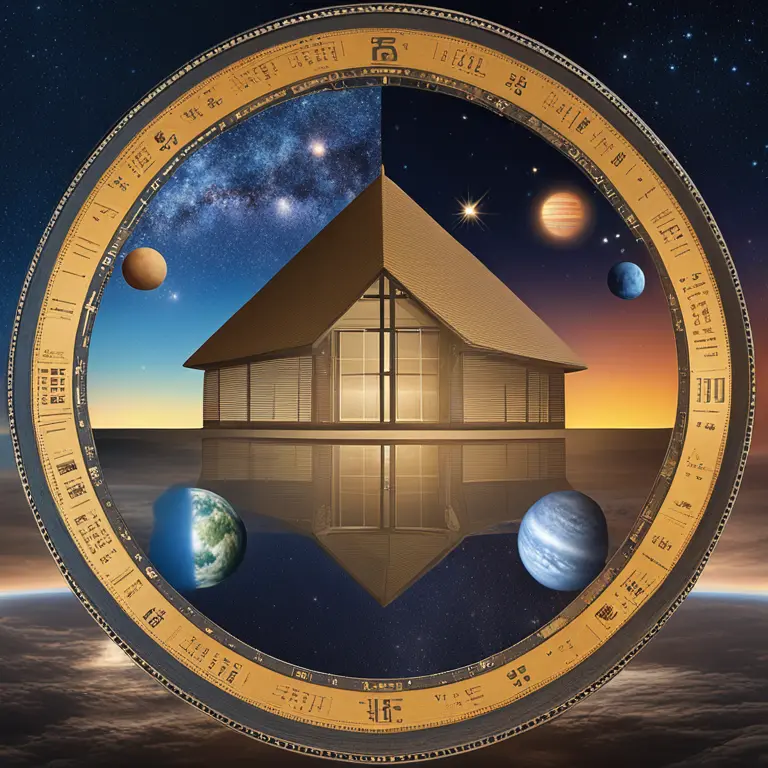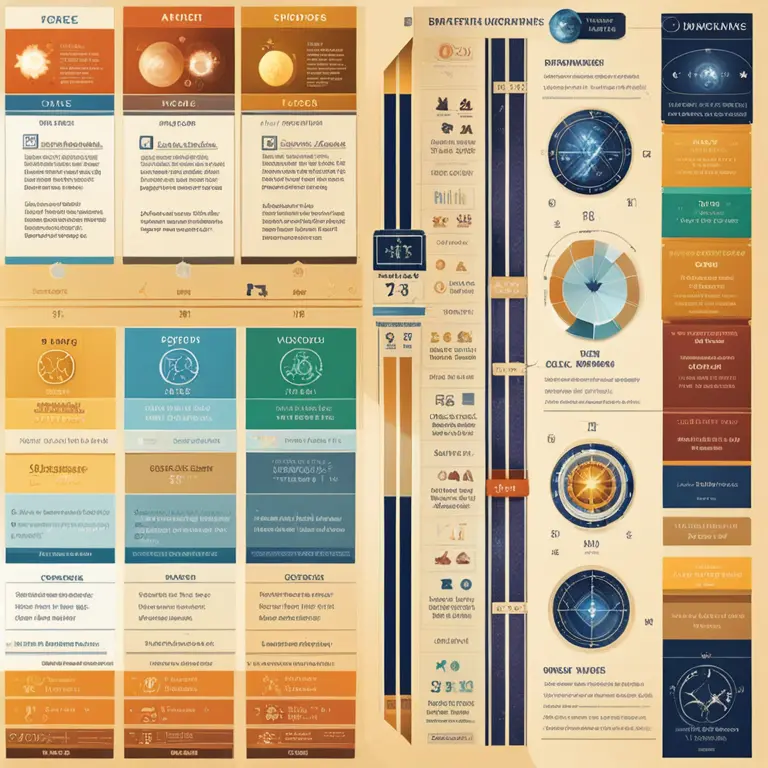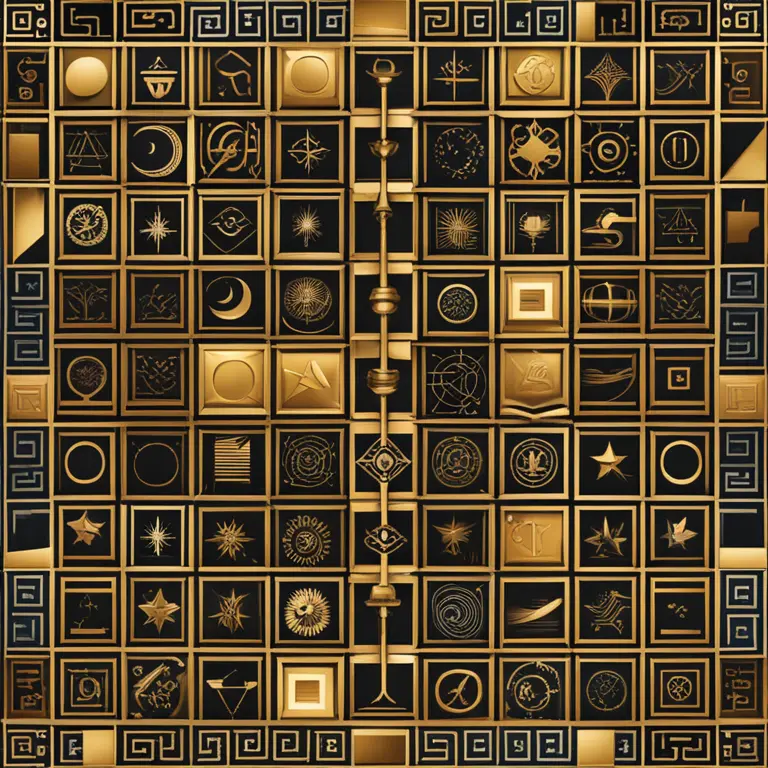
Astrology and Zodiac Signs: Clarifying the Connection
Delving into the intriguing relationship between astrology and zodiac signs, and how they influence each other in the cosmic tapestry.
article by Priya Deshmukh
Core Concepts: Astrology and Zodiac
Astrology is an ancient practice that studies how celestial bodies influence terrestrial events and human lives. It’s a complex system that goes beyond mere sun signs, encompassing various astrological elements such as planets, houses, and aspects. Within this system, zodiac signs represent a fundamental component, dividing the celestial sphere into twelve distinct segments. Each sign corresponds to a thirty-degree section of the sky, named after constellations. These signs act as a blueprint for traits and potential life experiences, reflecting the position of the sun at the time of birth.

Interconnecting Zodiac Signs and Personal Traits
Zodiac signs, with their distinct characteristics, play a pivotal role in shaping an individual's personality in astrological belief. Aries, for instance, is known for its leadership qualities, while Pisces is associated with empathy and intuition. These astrological profiles are derived from the symbolic meanings assigned to the constellations millennia ago. Modern practitioners integrate psychological understanding to enrich these traditional interpretations, considering the dynamic and multifaceted nature of personalities.

Astrology's Diverse Applications
While zodiac signs offer a snapshot of innate propensities, astrology as a whole provides a deeper and broader perspective. It takes into account the movements and positions of planets and stars, which purportedly exert unique influences over various life aspects, such as career, relationships, and health. Horoscopes, the most recognized aspect of astrology, are predictions or guidance based on the current astronomical patterns, tailored to each zodiac sign.

Evolution and Relevance of Astrological Practices
Astrological practices continue to evolve. In the context of 2024 and beyond, practitioners often combine ancient wisdom with contemporary techniques. The inclusion of newly discovered celestial bodies, adjustment in house systems, and the consideration of asteroids and fixed stars enhance traditional delineations. Notably, technological advancements enable precise and personalized astrological charts, catering to a growing audience seeking cosmic insight.
The Skeptic's Viewpoint
Despite astrology's popularity, skeptics question its validity, citing the lack of empirical evidence and the Forer effect, which suggests that individuals will find vague, general statements personally meaningful. However, the cultural and psychological significance of astrology and zodiac signs cannot be dismissed. They offer a narrative framework for individuals to explore their identities and experiences, often promoting self-reflection and a sense of connection to the universe.
Conclusion: Navigating Life's Mysteries
Ultimately, the interplay between astrology and zodiac signs is symbolic of humanity's quest to understand the unknown. Whether one approaches these systems as tools for introspection, guidance, or simply entertainment, their allure remains undiminished in the modern age. They challenge us to consider broader existential questions and ponder our place within the celestial dance of the cosmos.
Published: 2/13/2024
Modified: 2/13/2024
More predictions
Come back here soon to learn more about yourself and your future


The Tarot Queen of Pentacles: A Rich Symbolism
Delve into the symbolism and meanings of the Tarot Queen of Pentacles to enhance your readings and personal insights.


Crafting Inquiry: Top Tarot Questions to Ask
Discover the right questions to pose during a tarot reading to gain profound insights into your life's direction and decisions.


The Tarot Card Deck: A Gateway to Mystical Insights
Discover the tarot deck's rich symbolism and its role in personal growth and foresight. An insightful guide to the power of tarot cards.